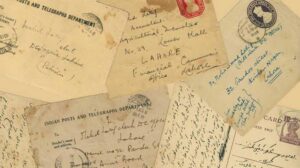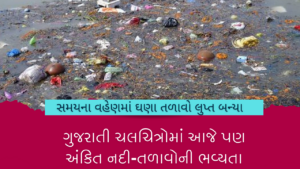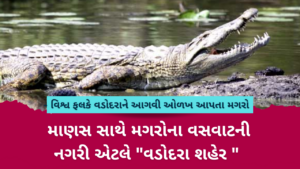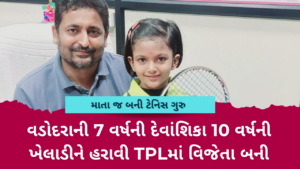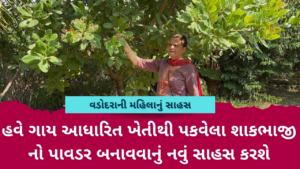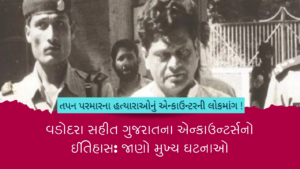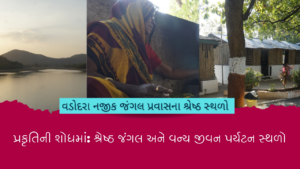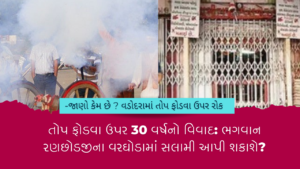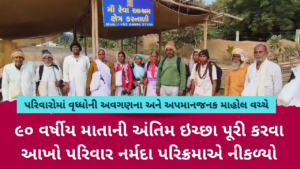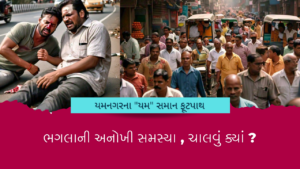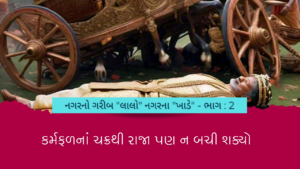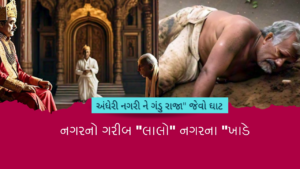A land full of surprises, city known for its Kebab, abode of many Nawabs and famous for its Aadab; Lucknow is not just a capital city of Uttar Pradesh, but an emotion for the whole of India. It is the city which is the epitome of culture, manner, architecture, cuisine etc. Dating back to the old days, Lucknow was situated on the banks of river Gomti. Mughals had meticulously mingled with the charisma and the rich heritage of this city. After the defeat of Nawabs in 1858, Lucknow came into the hands of Britishers. Thus, the local architecture is seasoned by the structures of both the eras.
The Laxmi Vilas Palace Banquet was filled with the emotions of Lucknow through the readings of private letters from the city organised by the Heritage Trust of Vadodara. An illustrated reading of letters from Lucknow by Saman Habib, a scientist and Sanjay Muttoo, a media professional’s research and text selection took us to 1857 and brought us back to present times. Along with the original manuscripts, images, audios, buildings and photographs; the entire narrative was built on authentic sources and was interpreted as is.
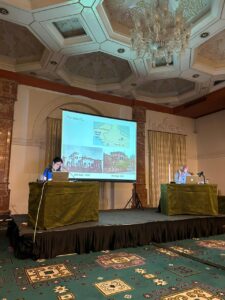
“We chose to write the commentary in Hindustani so that the performance is accessible to a wider and diverse audience. We have retained the original language of the letters as we felt that the letters deserve that respect! The reading is thus in English, Urdu, and Hindi,” say the curators, Habib and Muttoo.
There were letters drawn from far and near in India and abroad, from Gandhiji appreciating Jawaharlal Nehru’s role in the protest against Simon Commission to Kaifi Azmi’s letters to his close friend S M Mehdi. There were also letters written by siblings in pain post partition. A few published and publicly available letters were the exchange of messages from Ram Prasad Bismil and Ashfaqullah Khan who were involved in the Kakori Conspiracy. The oldest letter in the narration was a letter written in 1903 by Hilda Seebohm from Lucknow to London about the spread of plague in the city.
The most poignant line in the entire collection is in the letter from a person in Pakistan writing to his cousin in Lucknow saying, “My body maybe in Pakistan, but my soul lives on in Lucknow,” says Muttoo. There were also a few letters which meticulously discussed about the change in Waqf Laws. There were few letters which the writer forgot to post. One of the letters was from the last miniature painter, Sumi- uz- Zuman. Munshi Premchand’s letters posted to Lucknow also spoke about the literature. Few of the letters of Backward and Minority Communities Employee Federation were also discovered which discussed about social justice for the minorities. The communication between Rabindranath Tagore and Atul Prasad Sen was also read through their letters.
Sarcasm and humor in language was the essence of Lukhnowi Thaath. Ending with a line from a letter written by Maleeha on election results, “ऐसे वैसे, कैसे कैसे हो गए; कैसे कैसे, ऐसे वैसे हो गए”. These lines still stand true.


